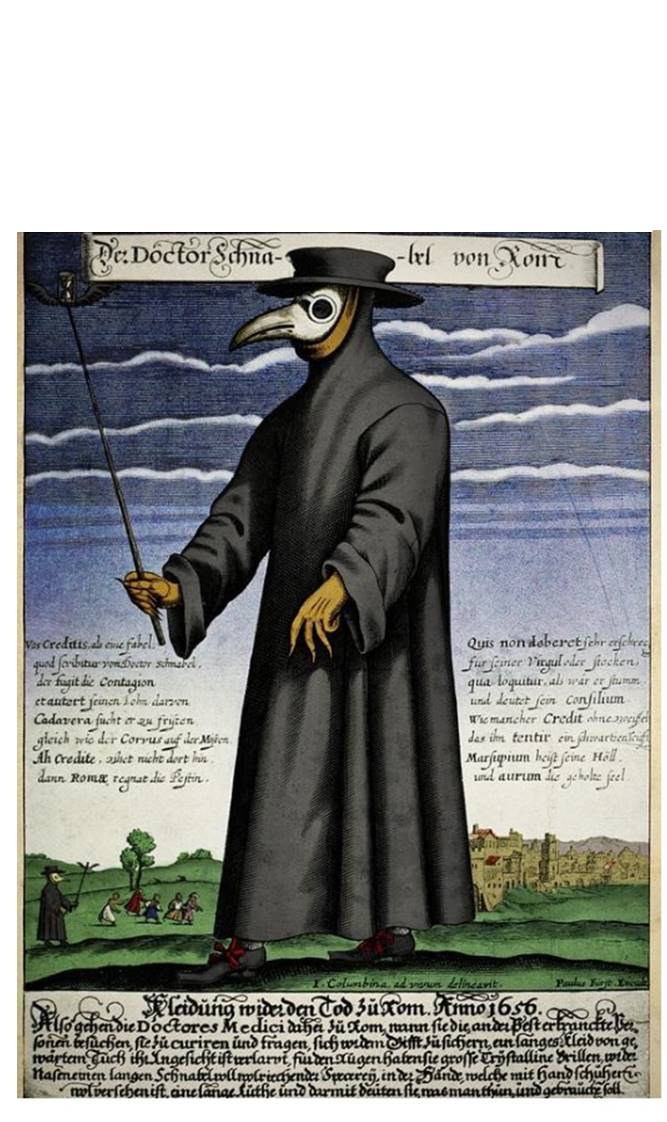In Little Bennett Regional Park – The virus continues apace – Coup in Guinea – Evening statistics
I was out on my own today, scouting a hike on behalf of the Capital Hiking Club in Little Bennett Regional Park. It was a lovely day, warm and sunny with relatively low humidity, and Little Bennett itself is a very pleasant area to visit, not striking or unusual, but a shady, well-wooded area with gently rolling hills and various sites of historical interest, records of rural life in Montgomery County in earlier centuries. There is one in particular that is quite moving: a field that was purchased by Jim Wims, a successful businessman who bought a parcel of land for farming, but who set aside a portion of it for his sons and other African-American youths to play baseball. Sports in earlier days were, of course, segregated and many communities were shut out of them altogether. Wims, however, was determined that people of his race were not going to be denied the opportunities to enjoy themselves and to reap the benefits of playing out of doors; and he was so successful in achieving this objective that eventually games were fielded by local stars who sought to play professional baseball in the National Negro League.
As usual, the quiet even pace of my daily life forms a vivid contrast to the turmoil described in the headlines:
The virus is raging more fiercely than ever. Daily COVID-19 virus infections are up by 316% and hospitalizations have increased by 158% since last year. Several hospitals are getting so crowded with COVID-19 patients that physicians may soon be compelled to make life-or-death decisions on who gets an ICU bed. In Mississippi, anyone who tests positive and refuses to quarantine is subject to a fine of $500 and a prison sentence of six months. Linda Marraccini, a physician in Florida, has announced that see non-vaccinated persons will no longer be permitted to make in-person appointments at her office. In all probability many other doctors will be following her example.
The government of Guinea has succumbed to a coup yesterday. Mutinous soldiers detained President Alpha Condé after hours of heavy gunshot fire in the vicinity of the presidential palace of Conakry, the capital. Condé is not exactly an innocent victim; Guinea has a two-term limit, but Condé claimed that the limit did not apply to him and sought to obtain a third term this past year. He did, in fact, win the election, with 59.5% of the popular vote, but various groups charged him with voter fraud and many violent protests occurred across the country in the election’s aftermath. The new junta is led by one Colonel Mamadi Doumbouya. It is unclear whether he has support throughout the military or whether factions loyal to Condé will try to wrest power back to the country’s former leader. At all events, Condé and other politicians have been arrested, while all officials are prohibited from traveling. Doumbouya has set up what he calls a transitional period, but he has declined to say of what exactly it will consist, nor has he given a firm date for a return to democratic elections. His chief concern at this point seems to be to reassure various business sectors that their supplies of bauxite (Guinea’s chief export) will not be affected. Sea borders remain open and the nightly curfew imposed on cities does not extend to the mining sector. How this will play out is anyone’s guess. Any provisional government in Guinea is unlikely to be amenable to pressure from the outside. Unlike, for instance, Mali, where pressure from neighboring countries and international associations induced the leaders of a coup last year to make concessions, Guinea is not landlocked and it is not a member of the West African currency union. It is a member of ECOWAS, a regional political and economic union of fifteen countries located in West Africa, but up to this point ECOWAS has been notably reluctant to get involved in any of its member’s internal affairs.
Today’s statistics as of 8:00 PM – # of cases worldwide: 221,949,190; # of deaths worldwide: 4,588,124; # of cases U.S.: 40,865,434; # of deaths; U.S.: 666,559.
